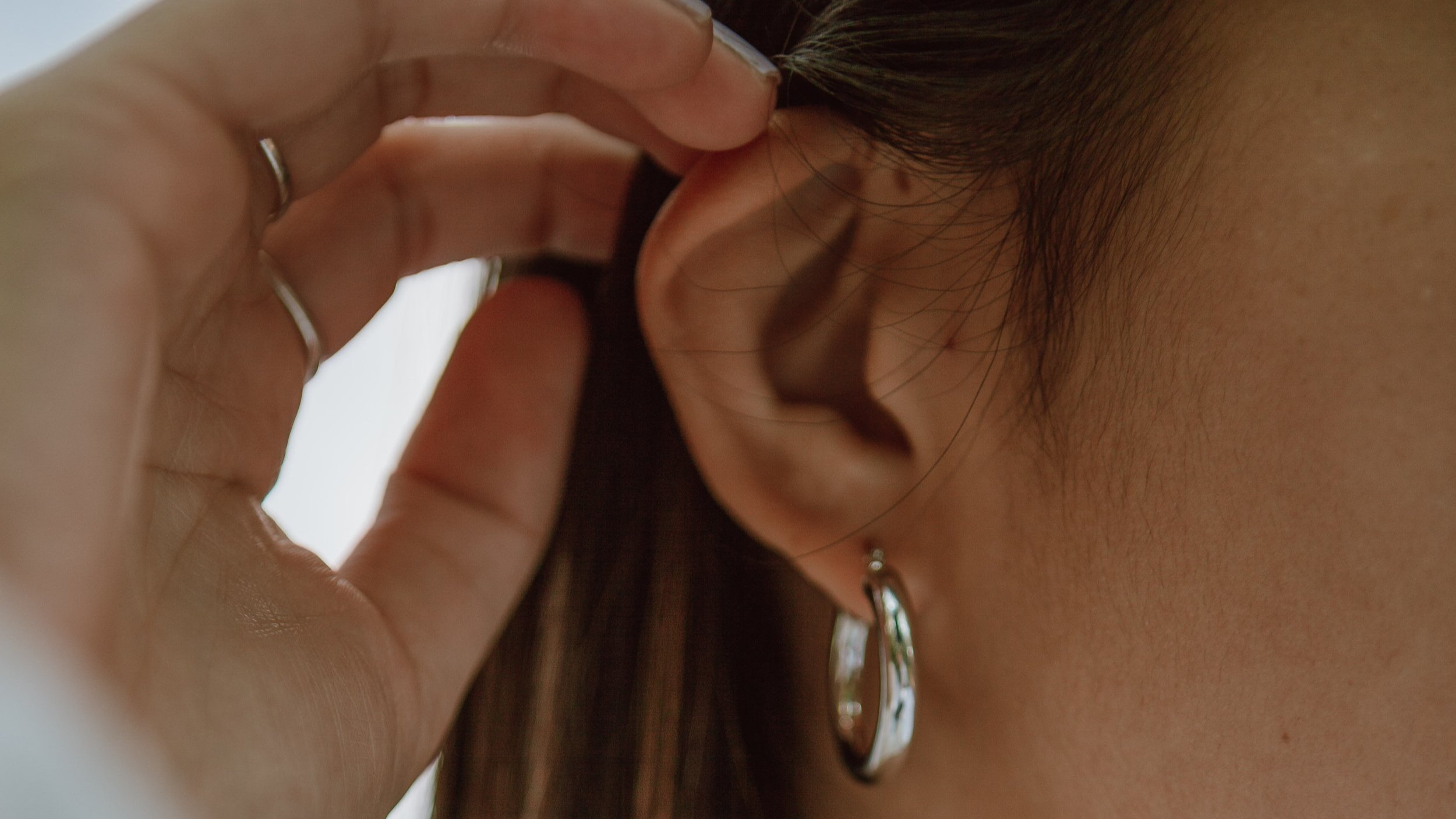Tinnitus Treatment and Cognitive Wellbeing
Do you ever experience a ringing or buzzing sound in your ears that seems to have no external source? If so, you may be one of the millions of people worldwide living with tinnitus. Tinnitus is a condition characterised by the perception of noise or ringing in the ears without any external stimulus. While it's often not a sign of a serious underlying condition, it can significantly impact one's quality of life, affecting sleep, concentration, and overall cognitive wellbeing.
Living with tinnitus can be challenging, but there are various treatment options and strategies available to manage its symptoms and improve cognitive wellbeing. In this blog, we'll explore some of these tinnitus treatments and how they contribute to overall cognitive health.
Understanding Tinnitus
Tinnitus manifests differently for each individual. Some describe it as a ringing, buzzing, hissing, or humming sound, while others may perceive it as more of a clicking or pulsating sensation. It can be constant or intermittent, and its severity can range from mild to debilitating.
Tinnitus can have various causes, including exposure to loud noise (musicians are common sufferers), ear infections, earwax buildup, and underlying health conditions. However, in many cases, the exact cause remains unknown.
Treatment Options
While there's currently no cure for tinnitus, there are several treatment options available to help manage its symptoms and improve cognitive wellbeing:
Sound Therapy: Sound therapy involves using external sounds to mask or distract from the perception of tinnitus. This can include white noise machines, nature sounds, or specially designed tinnitus maskers. Sound therapy can help reduce the contrast between the tinnitus noise and the surrounding environment, making it less noticeable.
Cognitive Behavioural Therapy (CBT): CBT is a type of therapy that helps individuals change negative thought patterns and behaviours associated with tinnitus. It can teach coping strategies to reduce stress and anxiety related to tinnitus, ultimately improving cognitive wellbeing.
Medication: While there's no medication specifically for tinnitus, certain drugs may be prescribed to alleviate associated symptoms such as anxiety or depression. Additionally, some supplements like ginkgo biloba or melatonin are sometimes used to manage tinnitus symptoms, although their effectiveness varies.
Tinnitus Retraining Therapy (TRT): TRT combines sound therapy with counselling to help individuals habituate to the perception of tinnitus. By retraining the brain's response to tinnitus, TRT aims to reduce its perceived loudness and intrusiveness over time.
Lifestyle Changes: Simple lifestyle adjustments can also contribute to managing tinnitus symptoms and improving cognitive wellbeing. These may include reducing exposure to loud noises, maintaining a healthy diet and exercise routine, managing stress through relaxation techniques like yoga or meditation, and getting plenty of sleep.
The Connection to Cognitive Wellbeing
Cognitive wellbeing encompasses various aspects of mental functioning, including memory, attention, problem-solving, and emotional regulation. Living with tinnitus can sometimes disrupt these cognitive functions, leading to increased stress, anxiety, and difficulty concentrating.
Effective tinnitus treatment not only aims to alleviate the physical symptoms but also addresses the cognitive and emotional impact of the condition. Sound therapy, CBT, and TRT, for example, not only help reduce the perception of tinnitus but also equip individuals with coping mechanisms to manage stress and improve cognitive resilience.
Furthermore, adopting a holistic approach to tinnitus treatment, which includes lifestyle modifications and stress management techniques, can have a positive ripple effect on cognitive wellbeing. By prioritising self-care and engaging in activities that promote relaxation and mental clarity, individuals can better navigate the challenges associated with tinnitus and maintain overall cognitive health.
Tinnitus can be a persistent and distressing condition, but it's essential to remember that effective treatment options are available. By addressing both the physical symptoms and the cognitive impact of tinnitus, individuals can experience significant improvements in their quality of life and overall wellbeing. Here at TheWellbeing by CUBEX, we are leading the way in using a more holistic approach to helping our patients manage their tinnitus symptoms.
So, if you're living with tinnitus, don't hesitate to seek support from healthcare professionals specialising in audiology. With the right treatment approach and support network in place, it's possible to find harmony and peace amidst the unwelcome noise.

